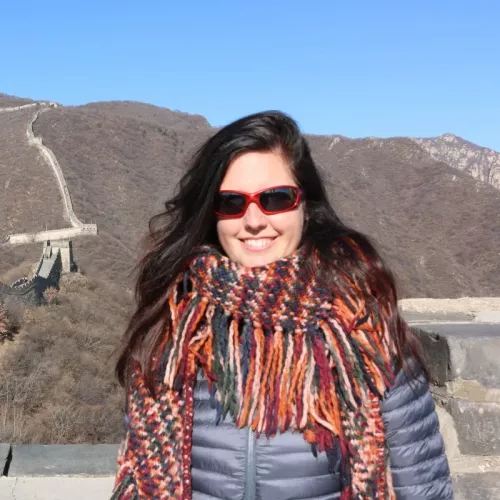INTANGIBLE

Understanding the socio-cultural dimensions of island population change in Scotland, England, Canada and Japan
Policies globally addressing island population change often focus on improving employment prospects, housing, and infrastructure. But less attention is paid to the intangible aspects of shifting island populations. This project uses creative and traditional research methods in England, Scotland, Japan, and Canada to find out what island residents think about how social and cultural life has changed.
Project details
| Project lead | Dr Laura Hodsdon |
|---|---|
| Centre alignment | Centre for Heritage, Culture & Society |
| Start date | April 2024 |
| End date | March 2026 |
The project is led by Dr Ruth Wilson at the James Hutton Institute in Scotland, with Falmouth leading part of the research which will work with people on the Isles of Scilly. Islanders in Scotland (Isle of Mull), Canada (Prince Edward Island) and Japan (islands of the Seto Inland Sea) are also participating in the project. Through interviews, creative participatory research, and policy guidance, the project will explore the opportunities and potential pitfalls of changing island cultural life.
The project aims to deepen understanding of how island cultures are affected by population and demographic change, enrich debates about contemporary island cultures, and shape repopulation and revitalisation policies through creative comparative international research. Policies globally addressing island population change often focus on improving employment prospects, housing, and infrastructure. But less attention is paid to the intangible aspects of shifting island populations. We’re interested in questions like: How has island social and cultural life changed as existing residents have moved away and new people have moved in? What has been lost and what has been gained? How do long-term residents, in-migrants and returners view this change? Our methodology takes an iterative interdisciplinary approach underpinned by a fusing together of traditional and creative data collection methods, and by a participatory ethos folded into a cross-national, comparative analytical framework.
Questions of cultural change in island communities are increasingly relevant, as the COVID-19 pandemic has increased the attractiveness of islands as places to live and work, enabled by a new norm (in some sectors) of working from home.
However, we lack understanding of the intangible implications of these mobilities. While newcomers may enhance local, indigenous ways of life and community cohesion, they can also pose challenges: in some areas temporary (summer) populations leave houses empty and the cultural life of the community fragmented; new residents’ expectations, often based on stereotyped or idyllic imaginaries, can lead to social division and lack of integration; and a lack of awareness of the distinctiveness of indigenous cultures can leave places open to majority culture pressure with the potential to erode and alter locally distinctive practices and traditions. In this project address this gap in research to consider quality of life in a holistic, inclusive context to urgently inform decisions and policies so that they contribute to the wellbeing and resilience of all.
Project team

Dr Laura Hodsdon
Dr Laura Hodsdon leads Falmouth's Centre for Heritage, Culture & Society and is currently leading a European Commission Joint Programming Initiative on Cultural Heritage/AHRC-funded research consortium to explore marginalised intangible cultural heritage in the project Re-voicing Cultural Landscapes: Narratives, Perspectives, and Performances of Marginalised Intangible Cultural Heritage.
Find out moreAdditional staff members

Dr Lucy Frears FHEA
Associate Lecturer
Dr Lucy Frears' practice-based research on Locative Media includes immersive sound, memories, phenom...
Partners
- James Hutton Institute
- Scotland’s Rural College
- University of Prince Edward Island, Canada
- Hiroshima University, Japan
- Akita University, Japan
- Hokkaido University, Japan
Funders
The work is funded by the British Academy Knowledge Frontiers: International Interdisciplinary Research Project.